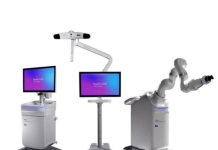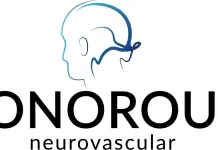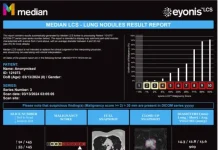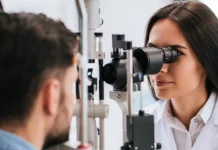BiVacor announced it received FDA breakthrough device designation for its Total Artificial Heart (TAH) system.
The designation supports the TAH as a bridge to transplant (BTT) for adults with severe biventricular or univentricular heart failure where current treatments, including LVADs, are not viable.
Related: CoreMap wins FDA IDE for ablation mapping tech
“This is more than a regulatory milestone. It’s a validation of a concept we’ve spent decades proving that a fully implantable, total artificial heart isn’t just possible, it’s necessary,” said Daniel Timms, founder and chief technology officer of BiVacor. “Patients with biventricular failure have been overlooked for too long. The early results from our clinical trial show that we can give them a second chance, without the compromises of older technologies.
“The breakthrough device designation puts us on a faster track to deliver exactly that.”
Huntington Beach, California-based BiVacor designed the TAH to replace the function of the native heart completely. Sized similarly to an adult fist, it uses magnetic levitation technology. Left and right vanes positioned on a common rotor form the only moving part, a magnetically suspended double-sided centrifugal impeller. BiVacor designed it to create pulsatile outflow by rapidly cycling the rotational speed of the impeller. The non-contact suspension provides large blood gaps to minimize blood trauma and eliminate mechanical wear.
Despite its small size, the TAH can provide enough cardiac output for an adult male undergoing exercise. It has no valves or flexing ventricle chambers, but achieves pulsatile outflow by transiently increasing the rotor speed each second.
The company received FDA investigational device exemption to conduct a first-in-human study for the system in November 2023. The company kicked off a clinical trial last year and the FDA gave the green light for a study expansion in December. After the five successful implants and subsequent discharges, the FDA had enough data to allow the expansion to an additional 15 patients.
“We’ve seen every kind of artificial heart technology over the last four decades, but this is the first system I’ve encountered that combines engineering elegance, efficiency, and safety with true clinical viability,” said Dr. William Cohn, BiVacor chief medical officer and heart surgeon at the Texas Heart Institute. “The early results are remarkable with no strokes, no device-related complications, and a safety profile unlike anything in this space. With breakthrough status in hand, we’re entering the next phase with the wind at our backs and real momentum to bring this to more patients.”




